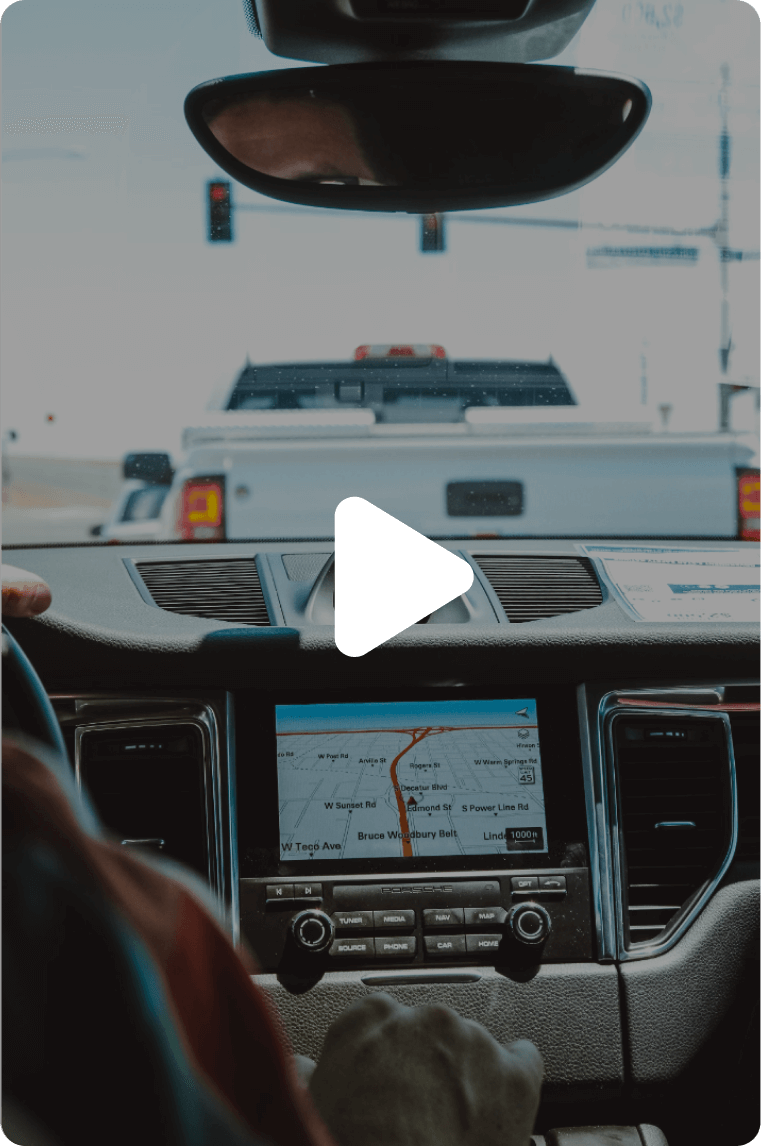Florida’s Traffic Laws: Rules You Didn’t Know Existed

Think you know Florida’s traffic laws? You might want to think again. While most of us are familiar with the basics—like stopping at red lights or obeying speed limits—Florida’s road rules include some lesser-known laws that could surprise even seasoned drivers. Let’s explore some of these unique regulations and why they matter for keeping everyone safe.
No Right Turn on Red When a Sign Prohibits It
Did you know that turning right on red isn’t always allowed in Florida? While many states give drivers the green light to turn right after a full stop, Florida enforces stricter rules at certain intersections. If you see a “No Turn on Red” sign, don’t risk it—it’s a direct violation of traffic law.
Certain busy intersections, especially in urban areas, have this restriction to prevent accidents. Take a moment to look for posted signs before assuming it’s safe to go. It could save you from a ticket or worse, an accident.
Pedestrians Always Have the Right of Way at Crosswalks
Florida prioritizes pedestrian safety, and it’s a rule every driver should take seriously. Pedestrians in marked crosswalks always have the right of way. Failing to yield isn’t just inconsiderate—it’s illegal and can result in hefty fines or points on your driving record.
Florida’s sunny weather attracts tourists year-round, so there’s often an increased risk of pedestrian-related accidents. Let’s all do our part to keep crosswalks safe.
The “Move Over” Law
This one’s a biggie. If you see an emergency vehicle, tow truck, or sanitation worker stopped on the side of the road, Florida law requires you to move over or slow down. If moving over isn’t safe, reduce your speed to 20 mph below the posted limit.
Violating this law can result in a fine, but more importantly, it endangers lives. Emergency responders and roadside workers rely on this law for protection.
Bicycles Are Considered Vehicles
In Florida, bicycles are legally treated as vehicles. This means cyclists must follow the same traffic laws as cars, including stopping at red lights and riding with the flow of traffic.
Drivers, it’s your responsibility to share the road. Cyclists are required to use hand signals, have lights after dark, and ride as close to the right-hand curb as safely possible. Let’s give everyone the space they need to stay safe.
Open Container Laws
Florida’s open container laws prohibit open alcoholic beverages in the passenger area of a vehicle, whether the vehicle is in motion or parked. This law is aimed at curbing DUI incidents, and violators can face steep penalties.
Pro tip: If you’re heading home with a half-finished bottle of wine, make sure it’s securely sealed and stored in your trunk.
Texting While Driving Is a Secondary Offense
Texting and driving? It’s illegal in Florida, but here’s the catch—it’s considered a secondary offense. This means law enforcement can’t stop you just for texting; they need another primary offense to pull you over first, like speeding or swerving.
Still, distracted driving is no joke. It’s one of the leading causes of accidents nationwide. Put the phone down—it’s just not worth the risk.
Child Safety Restraint Laws
If you’ve got little ones in the car, Florida’s child safety restraint laws are non-negotiable. Children up to 5 years old must be in an appropriate car seat or booster, and infants should always be in a rear-facing seat.
These rules are designed to protect Florida’s youngest passengers. For guidance on proper installation, many local fire departments offer free car seat checks.
Driving Too Slowly Can Get You a Ticket
Believe it or not, driving too slowly can be just as dangerous as speeding. Florida law forbids driving at speeds that slow down the normal flow of traffic, especially in the left lane.
This rule helps maintain steady traffic flow on highways. Not sure if you’re driving too slowly? Keep an eye on the cars around you and aim to match the general pace—without exceeding the speed limit, of course.
Hazard Lights in Rain or Fog
Florida’s weather can be unpredictable; heavy rain or fog often reduces visibility. Here’s a surprising rule: Drivers are allowed to use hazard lights while driving on highways with speed limits of 55 mph or higher during poor weather conditions.
This exception aims to make vehicles more visible in low-visibility conditions, but use caution. Not every driver is familiar with this rule, so it’s important to stay alert.
Unique Local Ordinances
Florida’s traffic laws don’t stop at the state level—many cities have their own quirks. In Cape Coral, for instance, it’s illegal to park on grass or leave a pickup truck in your driveway overnight.
When traveling to a new area, it’s a good idea to check for local rules to avoid unwanted surprises.
Need Help After an Accident?
If you’ve been injured in a car accident or as a pedestrian due to someone else’s negligence, we’re here to help. At The Dashcam Lawyer®, we’re dedicated to making sure you get the support and compensation you deserve. Contact us today at 561-561-3274 for a free consultation—we’re ready to fight for you.
Looking for an accident Lawyer in Palm Beach County?
Start Your Free
Consultation Today
Call us or complete the form below.
We'll keep your information confidential.
Palm Springs Office
Belle Glade Office
By appointment only
Download Our Personal Injury App Today
Our app serves as a checklist for any type of injury and is especially beneficial at the scene of the accident - like having a personal injury attorney there with you!

